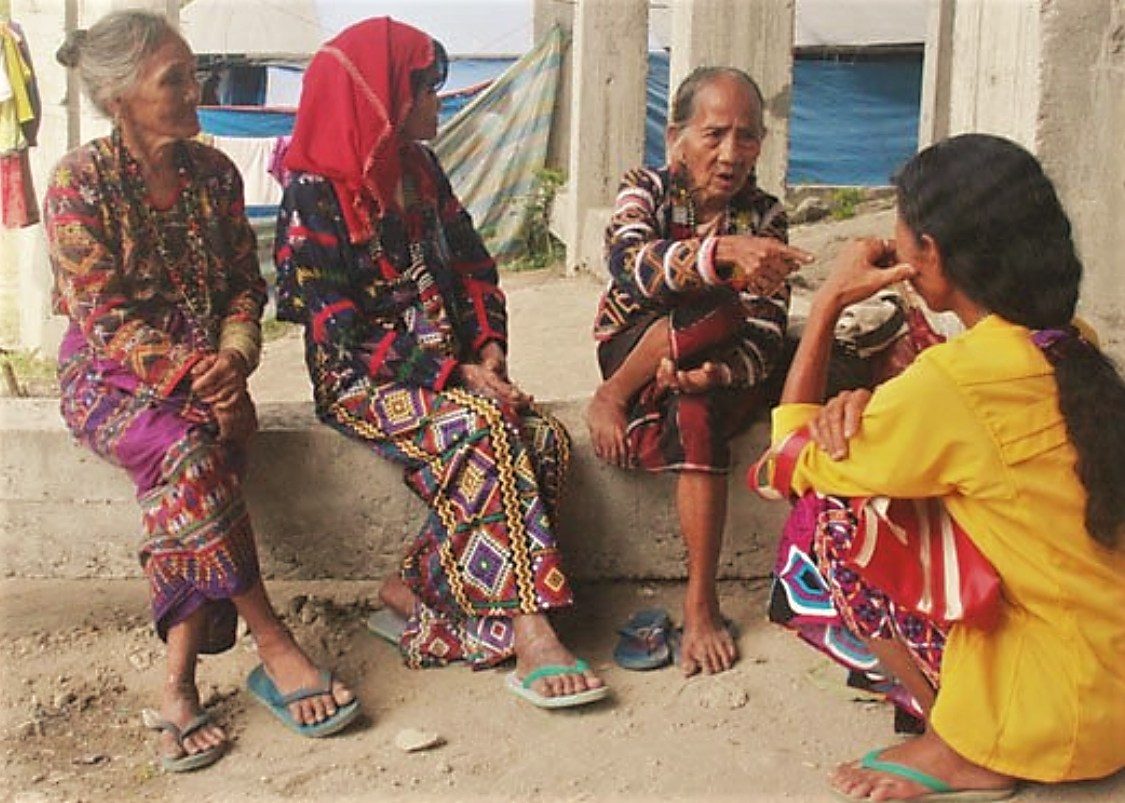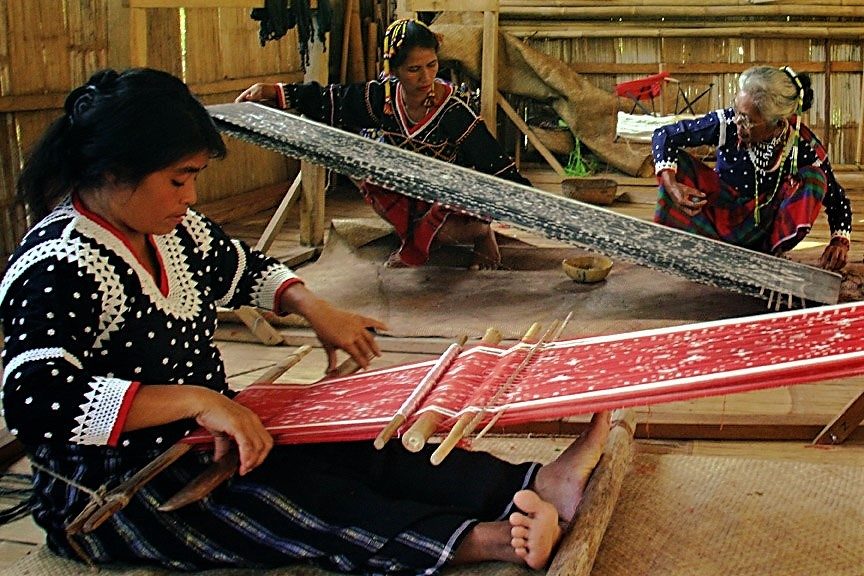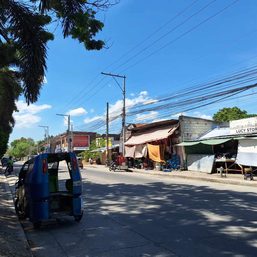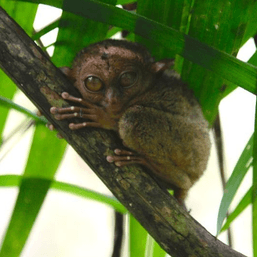SUMMARY
This is AI generated summarization, which may have errors. For context, always refer to the full article.

GENERAL SANTOS, Philippines – A group of professionals advocating for the correct spelling and pronunciation of the tribal names Blaan and Tboli say that using an apostrophe after the first letter of these names is offensive and disrespectful towards the indigenous peoples.
Blaan and Tboli are among the country’s over 100 ethnic groups that live in the southern fringes of Mindanao, specifically Sarangani, South Cotabato, and Davao del Sur provinces. The two tribes have strong communities in Sarangani and South Cotabato.
“Read and pronounce Blaan as we Blaan read and pronounce it, and so with Tboli, without the apostrophe,” said Josephine Cariño-Turner, co-founder of the KafyeBlaan Empowerment Incorporated, a Blaan advocacy group consisting of professionals.
On one hand, Blaan is pronounced with only two syllables: Bla-an or Bluh-un, and not Bilaan, Balaan, Bilanes or B’lan.
Tboli, on the other hand, is not pronounced “Tiboli” (or T’boli) and does not have an apostrophe between the first two consonants.
A Tboli-English dictionary, developed by missionaries Silin Awed, Lillian Underwood, and Vivian Van Wynen who worked with a Tboli, clarifies that when pronouncing Tboli, a short vowel sound should be heard between the first two consonants, similar to the sound of the vowel in the English word “the.” While there have been attempts to treat this short vowel sound like a regular vowel, the Tboli community has strongly objected to it.
Turner said many of them were sensitive about the seemingly harmless apostrophe which, if used to spell out the names, is seen as “offensive, disrespectful, and an utter disregard of our culture.”
The use of an apostrophe in the word Blaan is listed as among things that are a no-no in the 2019 Sarangani Indigenous Peoples Code, according to Fred Basino, who advocated for the passage of the provincial law when he served as the Indigenous Peoples Mandatory Representative (IPMR) in Sarangani’s legislature.
“There is a growing disregard for the correct spelling of the tribal names, and we have to do something to correct it because it has become the root cause of conflict and even brawls among the youth who get insulted when mocked with misspelled or mispronounced Blaan,” Basino said.

“It may be a speck in a word, but it bears enormous impact among fellow IPs who continue to be marginalized,” said Turner, who recalled suffering bullying as a young elementary grader because of her being a Blaan.
Their advocacy work has yet to get the attention of Philippine government offices and agencies that continue to use apostrophes on the term Blaan in official public documents and citations, Turner said.
“There is really a need to change misspelled Blaan in national records of many government agencies. It’s amusing to many but insulting to us,” she said.
Turner said the media, in general, is also guilty of misspelling and mispronouncing Blaan and Tboli.

Initial steps were taken in Congress towards this direction in the past, but nothing concrete has come out so far, she said.
“Hopefully, our current lawmakers can see the need,” Turner said.
Blaan is from the coined word “bla,” which means counterpart or pair, while the suffix “an” is used to express ownership or possession. Together, they mean “our counterpart tribe.” As for Tboli, “to” means people while “boli” (from the word “bali”) means “on the other side.”
According to Basino, a big challenge in their effort is the fact that many young Blaans need to be educated about their cultural roots because many of them are ashamed to identify themselves as IPs for fear of being discriminated against.
“What we are doing is not an easy process where we can see change overnight. It will take generations of a sustained drive to educate people before we can see the fruit of our labor,” he said. – Rappler.com
Add a comment
How does this make you feel?
![[OPINION] Mother Tongue-based education and our Indigenous Peoples](https://www.rappler.com/tachyon/2023/02/20230222-international-mother-language-day.jpg?fit=449%2C449)
![[Pastilan] The Great Philippine Identity Sale](https://www.rappler.com/tachyon/2024/07/great-philippine-identity-sale-july-16-2024.jpg?resize=257%2C257&crop=486px%2C0px%2C1080px%2C1080px)




















There are no comments yet. Add your comment to start the conversation.